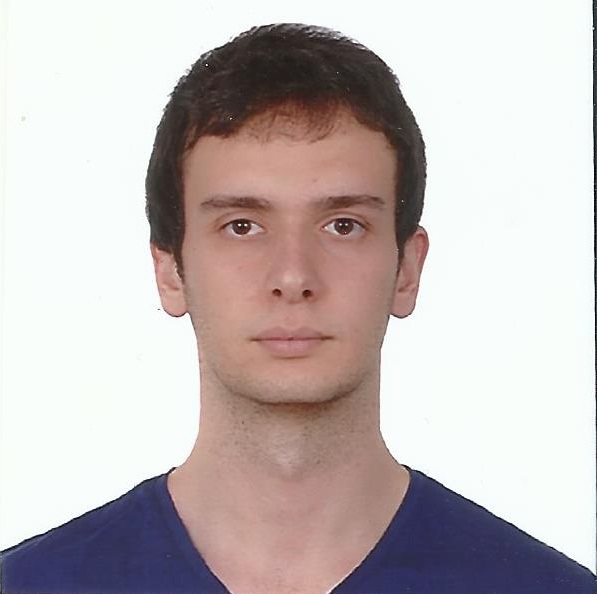
My dissertation project investigates the participatory foundations of democracy in the colony of Massachusetts. It analyzes the relationship between the analytically distinct but temporally interconnected processes of institutional innovation, political legitimation, and popular domination by studying the formation, diffusion, and transformation of the institutional mechanisms based on popular participation. In particular, the project attempts to explore the following questions: Why were these various institutional mechanisms based on popular participation created in the first place? Why did the freemen continue to participate regularly in these institutions throughout the colonial era despite the revocation of their initial charter and then the granting of the seemingly more restrictive charter in 1691? What was the source of their motivation amid all social, economic, political, and military transformations? What kind of values and principles guided their collective action? Where did the legitimacy of the participatory institutional mechanisms as well as their collective action spring from? In the end, why did the ordinary New Englanders’ participation in these institutional mechanisms constitute a legitimate form of collective action?
Biography:
Can Mert Kökerer is a PhD Candidate in Sociology at the University of Chicago. His research interests include democracy, popular politics, and participatory institutions.
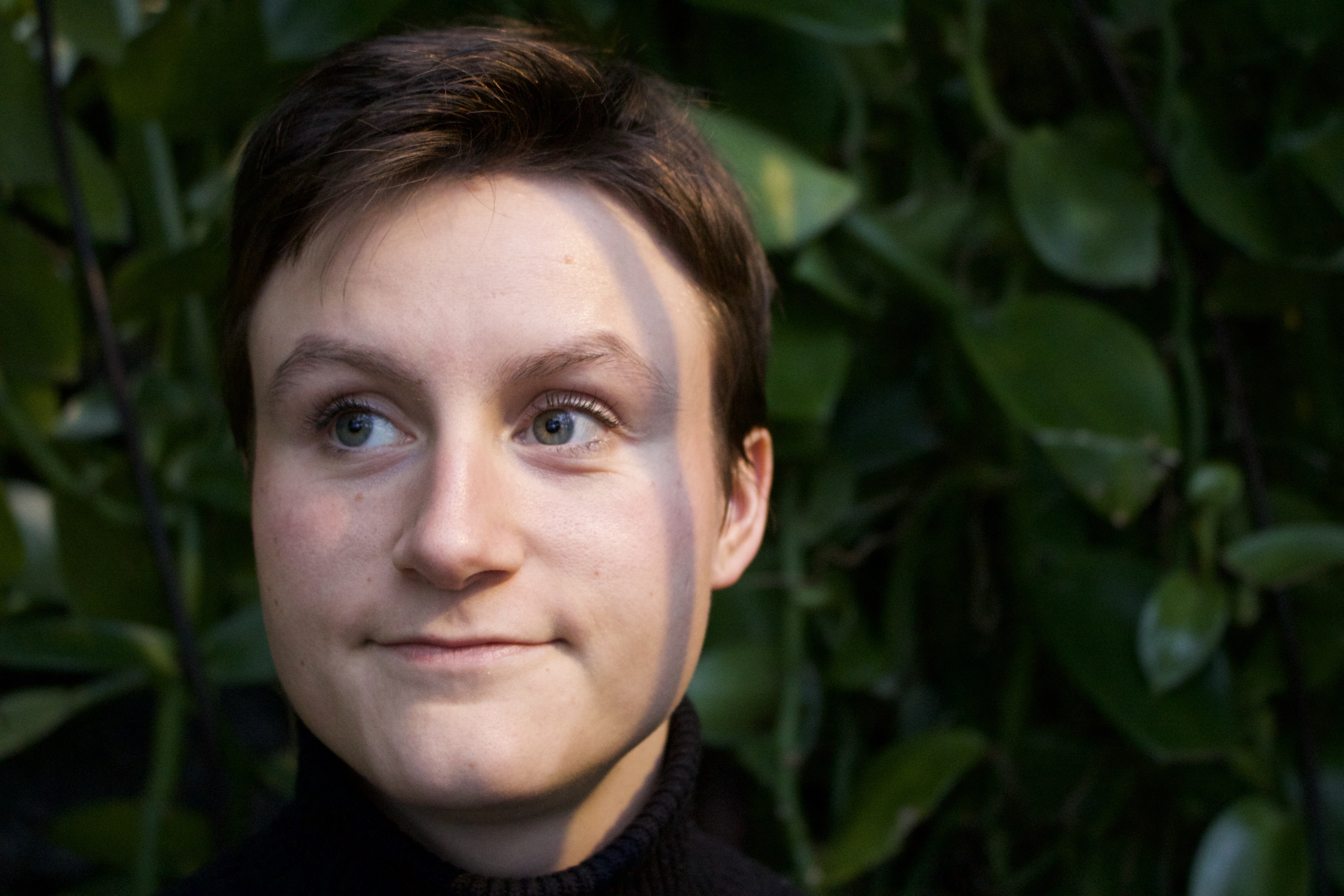
Nascent calls for globally-scalable mental health interventions, specifically tailored to children and adolescents, marks a shift in social consciousness, as youth mental health has been historically marginalized in the field of global health. In this stage of my dissertation research, I explore how intersecting legacies of social, political, and scientific norms shape the way adolescent mental health has emerged as an object of global significance and expertise. I seek to connect these historically-contingent logics with my previous research on contemporary practices, especially those deemed translatable across youth populations. As such, I will focus on archival documents available at the Wellcome Collection in London, UK, which span the underpinnings of global mental health initiatives from the 1940s; I will also engage with members of the Wellcome’s children mental health team. In doing so, I address questions such as: 1) how has young people’s mental health shifted from a marginalized issue to a major source of global concern?, and 2) what are the historical logics that inform dominant practices of care for youth today?
Biography:
Lauren Beard is a PhD student in the Sociology Department. Her work explores the rise and implications of globally-scalable mental health interventions, especially for youth and young adult populations. Using mixed-methods approaches, her research interests include interdisciplinary insights into health and healing, the social construction of deviance among youth, and global social theory. Prior to starting her PhD, Lauren graduated with Bachelors’ degrees in both Biological Basis of Behavior and Modern Middle Eastern Studies from the University of Pennsylvania.
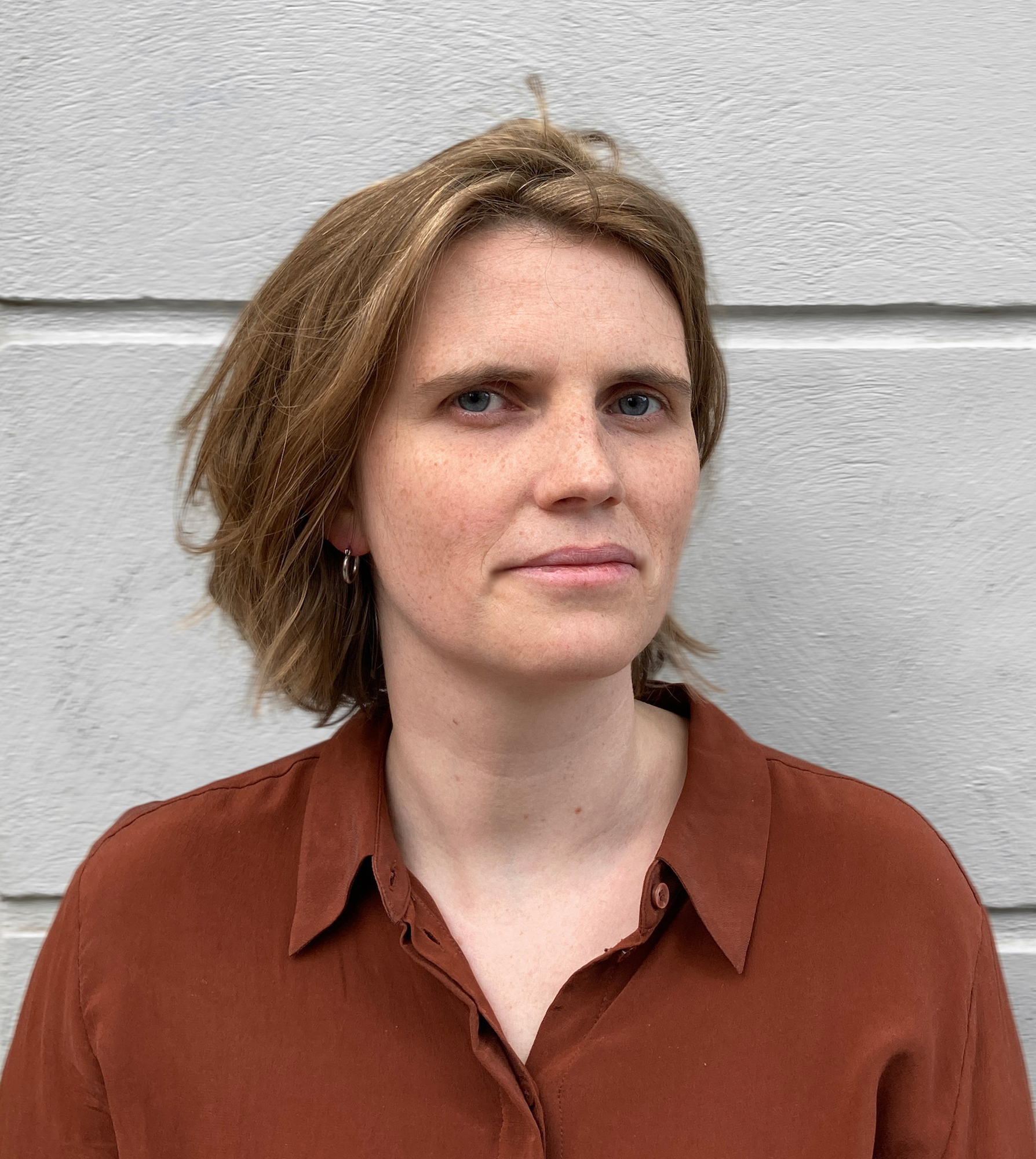
Like other parts of the Western world, Germany witnesses increasing protests and polarization over political issues. In 2020, protests against Covid-19 containment measures started as smaller, local demonstrations, but peaked in two major demonstrations in Berlin, rallying up to 38 000 protestors. Observers were puzzled about the composition of these protests—that attracted leftist peace activists, anti-vaxxers and far-right movements—but also about their intensity. In this regard, the recent anti-containment protests were often compared to the massive and ubiquitous demonstrations during and after the so-called “refugee crisis” in 2015/6. This project investigates the hypothesis that these recent protests are an expression of a new form of political mobilization driven by online mediation. Through media analysis, in-depth interviews, and ethnographic observation, I explore the processes through which some people become engaged in these counter-ecologies: how they develop their own informational practices and lay media theories; how they pick up political discourses and validate them against the background of their (offline) lifeworlds; and how they enact them in attending street protests, becoming online commentators themselves and organize their own demonstrations.
Biography:
Anna Lea Berg is a PhD student in the Sociology Department of the University of Chicago who is broadly interested in critical secular studies, affect theory and the sociology of emotions, as well as cultural and political sociology. Berg’s dissertation project involves ethnographic fieldwork exploring the emergence of new political subjectivities at the intersection of online and offline lifeworlds. Her fieldwork compares the two contexts of the former East and the former West of Germany.
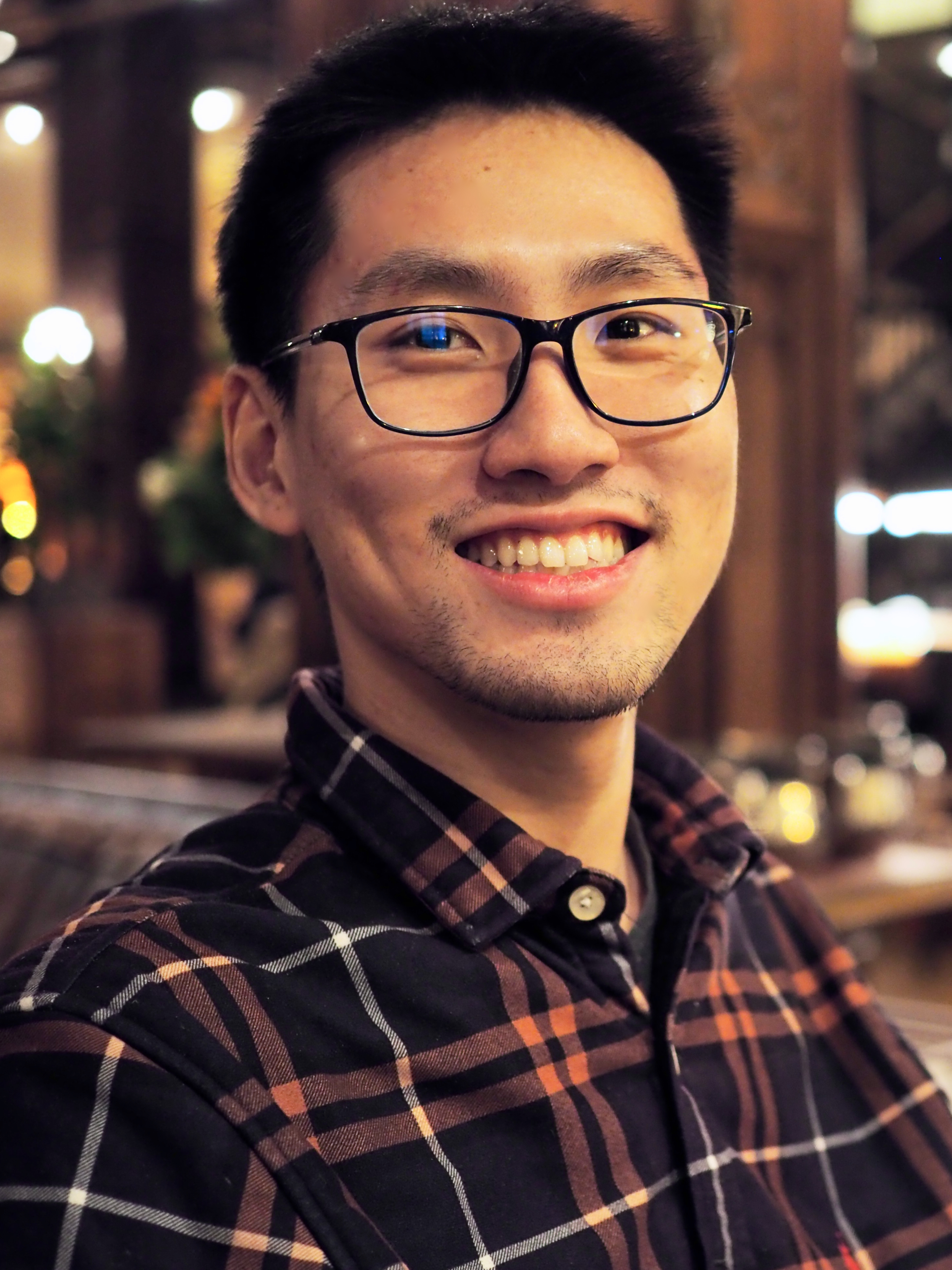
How do transnational resources change the outlook of local activism around health? As previous scholarship suggests, it is often difficult to predict the implications of transnational resources on local health infrastructure because of the complex local socio-political and economic conditions. This proposed project uses transgender health activism in China as a case to theorize transnational processes that reform health care infrastructure under limited resources and restrictive political conditions. Specifically, I ask how do transgender individuals navigate barriers to gender affirming care? And, how do local and international activists deploy transnational resources to expand gender affirming care access? Using a multi-method ethnographic research design, I aim to examine the relations between transgender activists, medical experts, and transnational advocacy groups.
Biography:
Xiaogao Zhou (He/They) is a doctoral student in the Department of Sociology at the University of Chicago. His research interests broadly center on how gender/sexual minorities in China interact with social institutions such as marriage, family, and medicine. His current project uses the activism around gender affirming care in China to examine how transgender activists, medical experts, and transnational processes are collaboratively changing local health infrastructures. Prior to starting his PhD, Xiaogao received MA in Social Sciences from the University of Chicago and BA in English Writing from Kean University.
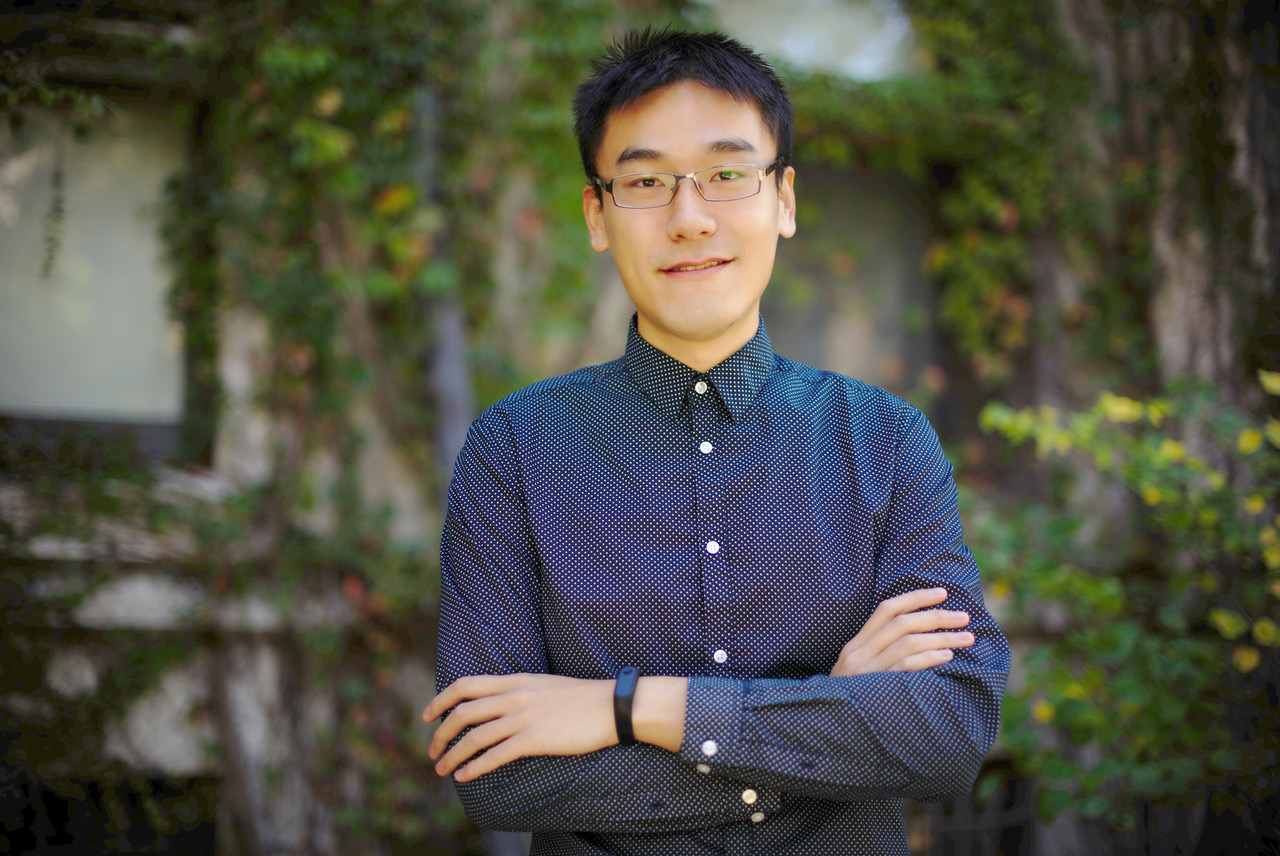
Biography:
Teng Ge is a PhD candidate from the Department of Sociology. As a retired basketball player, he is interested in using sports as an empirical case to engage with sociological subjects and theories. His previous studies how social class shapes Chinese professional athletes’ relationship to coaches and embodied performances. His current project focuses on Chinese male basketball players with the aim to understand how Chinese basketball talent failed to produce coordinated and effective teamwork despite the team’s emphasis on collectivity and conformity.
Dissertation: There is no I in team: How Chinese Basketball Prodigies Failed to Become Champions
Social scientists and sports practitioners frequently ask why and how organizational excellence is achieved. My dissertation project inverts this question and asks: why and how Chinese basketball prodigies failed to produce coordinated and effective teamwork despite their well-blessed physical endowments, strict training regimens, and decent rewarding systems. Using a longitudinal and comparative qualitative study of an elite professional basketball club in China, I seek to understand how unsatisfactory team performance could be traced back to intra-team dynamics such as players’ relationships to their teammates and coaches, and what are the conditions under which diversity would facilitate or impede organizational performance. By showing the connection between intra-team dynamics and inter-team competitions, I hope my project would contribute to theories of organizational performance, competition and collaboration, and social relations.
Recent Research / Recent Publications
Studies on professional sports tend to perceive professional sports either as a business based on the big-time sports leagues in North America and Europe, or as a nation-building project from the socialistic countries, such as the Soviet Union and the German Democratic Republic. The dichotomy is nevertheless challenged by the professional sports system in contemporary China in which combines the features of both sides in the age of globalization. Despite the great strength of the Chinese state in controlling almost every aspect of society, why and how the government has delegated substantial discretionary power to non-state actors in some professional sports teams, and why some professional sports teams thrived while others failed during the reform? Through comparing three professional sports teams in China, participant observations and interviews with professional athletes, coaches, and sports administrators will be used to explore the conditions of which the state retreats.
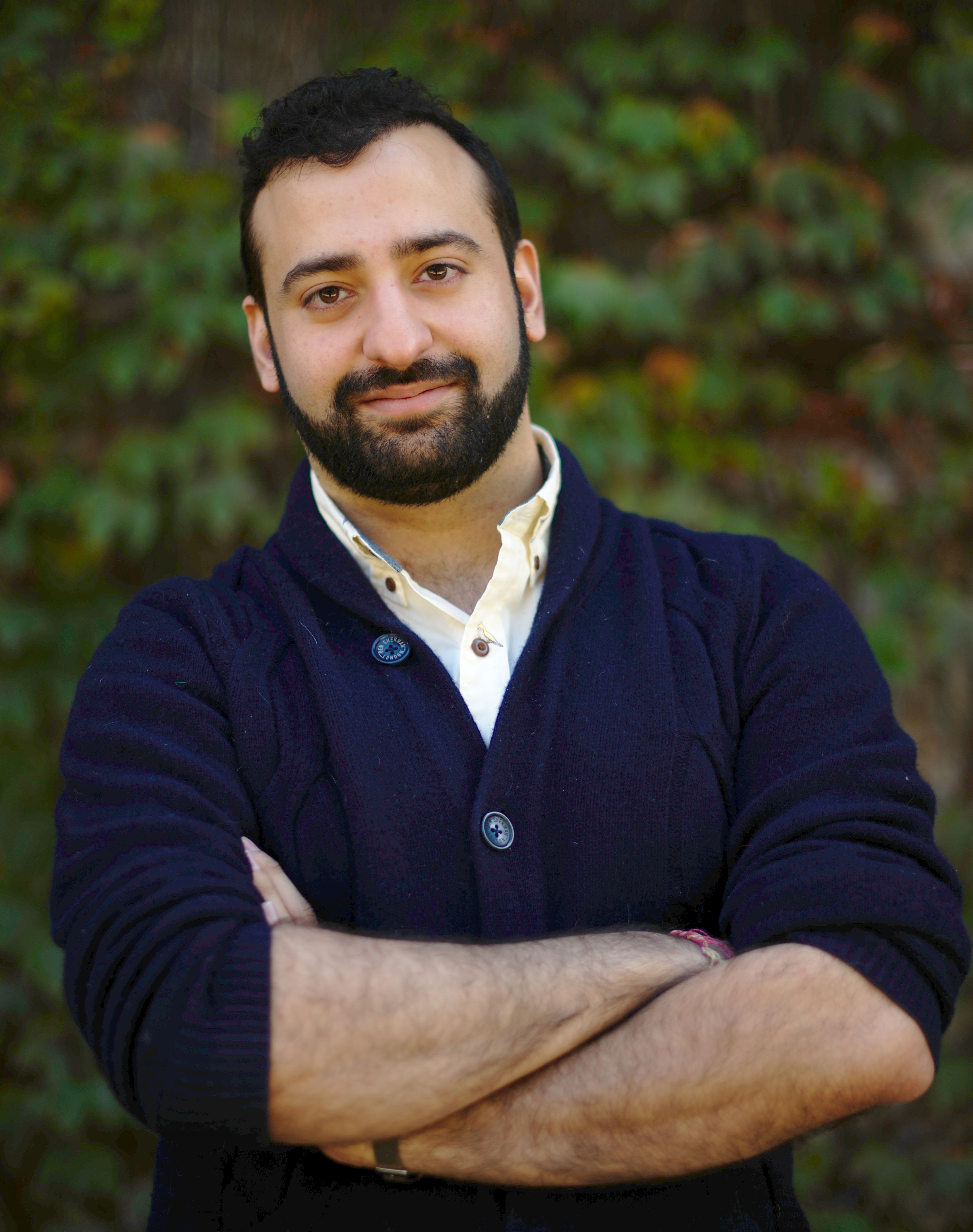
As nativism makes a resurgence in global politics, why has the ruling Hindu Nationalist BJP in India looked to its global diaspora (particularly in the West) for resources in its national projects? Most scholarship assesses the rise of the Indian Right and support for Hindu nationalism in its domestic context as, in part, tied to the emergence of the new middle class in India. However, less has been said in a systematic fashion about the ways that the Indian diaspora has played a role in this process. In this project, I examine how the Indian diaspora and the Indian state have re-oriented to each other in a way that’s fundamentally reshaped the Indian political field. In particular, I study how Indian-American immigrants and their children become diasporic citizens; that is, how they are socialized into understanding themselves not just as immigrants and the children of immigrants, but as directly and institutionally tied to an imagined homeland, which in turn provides them liminal political and social enfranchisement. Ultimately, this project examines these novel forms of governance and citizenship in the contemporary global order to shed light on how globalization has paradoxically allowed for new strategies and technologies of nationalism.
Biography:
Nisarg Mehta is a doctoral student in the Department of Sociology at the University of Chicago. Using ethnographic and archival methods, his research broadly explores the intersection between culture and politics. His current project considers the relationship between diaspora and statecraft, examining how the ruling Hindu Nationalist BJP in India and the global Indian diaspora have increasingly oriented toward each other, reshaping the terrain of Indian politics. His previous work focused on the effects of urban governance decisions like place commemoration on the urban spatial imaginary, and how these governance projects shape people’s relationship to their neighborhoods and their behavior within them.
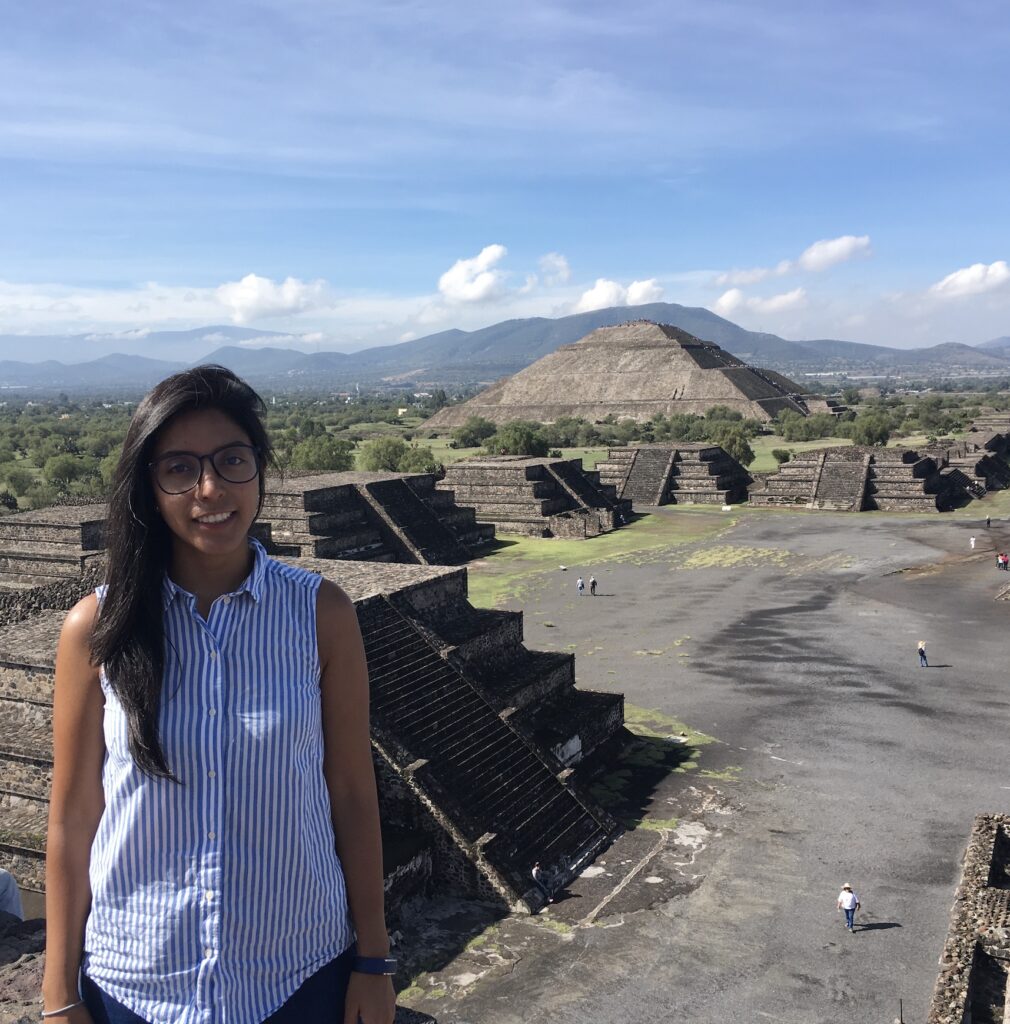
During the two decades after the end of the Cold War, the U.S. promoted and sponsored Latin America’s deepest criminal reform transformation. By the end of 2010, approximately seventy percent of Latin American countries had abandoned their inquisitorial system and adopted the U.S. adversarial model. In the era of mass incarceration, the U.S. decided to expand its criminal justice model without considering the potential negative consequences this could have in foreign penitentiary systems. Despite a large body of literature documenting the scale of felony conviction and imprisonment in the U.S., and its effects on inequality outcomes, we know relatively little about the impact of the U.S. model in Latin American prisons. After the reform took place, almost every country that introduced it experienced an acceleration in the incarceration rate. Almost three decades after the first legal transplant, Latin America lives one of its majors’ prison crisis, while the effect of the adversarial model in the carceral outcomes remain empirically unexplored. In this project, I seek to advance the literature regarding the consequences of the U.S. transnational agenda by analyzing how the implementation of the U.S. model in one key jurisdiction -Colombia- resulted in changes to the convicted prison population. Particularly, I will explore the effects of introducing highly problematize institutions like the plea bargaining into the Latin American context. To carry out this analysis, I exploit the variation resulting from the different timing of the implementation of the Colombian reform across its territory to evaluate how the U.S. criminal justice approach changed the incarceration dynamics and whether the new system increased the convicted prison population growth.
Biography:
Ángela Zorro-Medina is a Neubauer Distinguished Doctoral Fellow at the University of Chicago. Her research focuses on the ways the criminal justice system produces and reproduces inequality in Latin America and the United States. For the Latin American case, she studies the factors that influence the prison population and crime rates. For the U.S. case, she is interested in understanding the mechanism through which misdemeanor encounters reproduce class and racial stratification.
Before coming to the University of Chicago, she was a Fox International Fellow at Sciences Po in Paris, France. She previously served as a consultant to the Colombian Ministry of Justice, the Inter-American Bank of Development, and the German Corporation for International Cooperation (GIZ) in projects related to prison conditions, criminal procedures, and economic development.
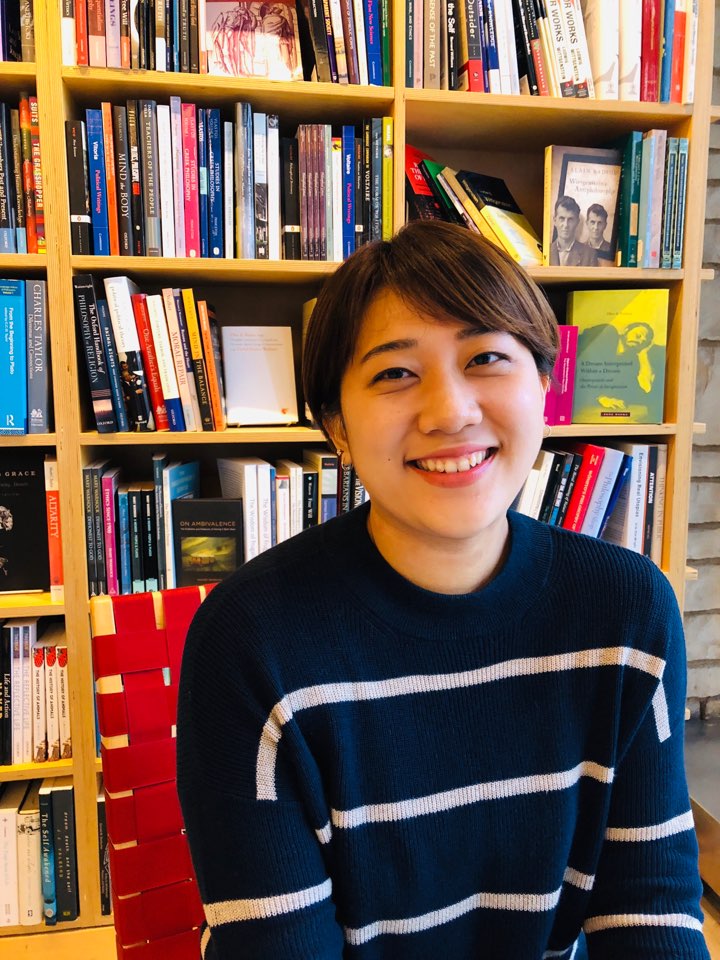
In sub-Saharan Africa (SSA), the number of students enrolled in primary school more than tripled between 1990 and 2019. Although basic education is widely viewed as a great social equalizer, its social and economic consequences on inequality in SSA are not well documented. In light of the Education for All (EFA) movement, my research investigates whether educational expansion introduces new patterns of inequality and how these inequalities are experienced and regulated within communities. Set in Malawi – a country which underwent remarkable expansion of education yet with limited economic opportunities – I ask three central questions: 1) how do reciprocity norms within the community shape distribution of resources among its members? 2) does the emergence of education-based status promote collective wellbeing? and 3) how does demographic shifts in kinship affect intergroup inequality? I argue that social and moral aspects of inequality – such as trust, jealousy, kinship obligations, and the concerns for status – are particularly relevant in SSA, where class boundaries are being constantly reformulated under the twin conditions of rapid educational expansion and economic instability.
Biography:
Johanna's interests center on new and persistent dimensions of inequality in sub-Saharan Africa and their relationships to key demographic events. She studies labor market stratification in light of the Education for All (EFA) movement, asking if and how inequality gets regulated within local communities. She is especially interested in the subjective dimension of inequality – how individuals perceive their social positions – and how these perceptions inform phenomena like health, optimism, and social mobility
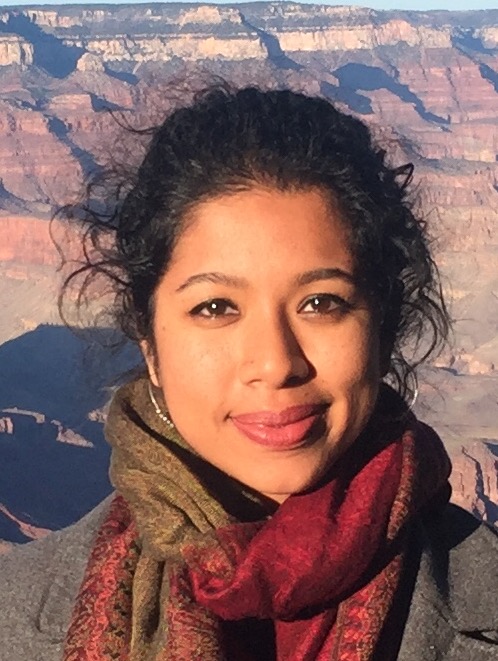
How are caste group boundaries maintained, contested, and expressed among Indians living in modern, urban India and within the Indian American diaspora? In this ethnographic project, I evaluate the art worlds of two prominent live musical forms in Chennai – Carnatic and gaana music – which are each approximately associated with upper-caste Brahmin or lower-caste Dalit practitioners, patrons, and connoisseurs respectively. In Chennai, music has become the terrain on which caste group boundaries are being drawn, challenged, and remade. In understanding how these worlds operate and thrive in Chennai, I examine how these musical worlds seek institutional support, patronage, and dignity for their forms, and I investigate the spatial logics of movement, institutional arrangements, and residence which are tied to these art worlds. I also focus on recent social movements, which use crossover music festivals as a way to transcend the polarities of castes, musical worlds, and their spaces of performance. Finally, I consider the role of these musical worlds for identity building among Tamilians within the Indian American diaspora. My study of caste and cultural boundaries within urban spaces seeks to understand local group boundary-making, while addressing global concerns regarding the perpetuation and reproduction of social inequality.
Biography:
Pranathi Diwakar is a PhD student in the Department of Sociology, specializing in urban and cultural sociology as well as the sociology of immigration. Her research explores urban processes, cultural spaces, and social inequality. Her current project focuses on cultural spaces within Indian cities, and investigates how these spaces and events are mobilized around articulations of caste identity and group boundary-making. She previously received a Masters degree in Development Studies from the Indian Institute of Technology, Madras. Her research has been funded by the Committee on Southern Asian Studies.
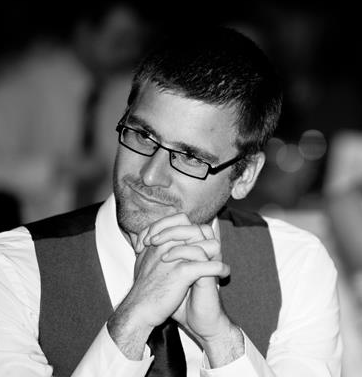
Biography:
Jonathan Schoots is a PhD Candidate in the department of Sociology at the University of Chicago. He is broadly interested in political and historical sociology, focusing on historical moments of transformed political understanding and practice, with work previously published in Poetics and Development in Practice. Before undertaking his PhD, Jonathan received an MPhil in Development Studies, a BSc in Computer Science, and a BA (Hons) in English Literature from the University of Cape Town, South Africa. His work focuses on African intellectual and political responses to colonialism and his PhD follows the emergence of Xhosa proto-nationalist political organizing between 1860-1910 in the present day Eastern Cape region of South Africa. His work combines intellectual history with social network analysis to follow the conditions which facilitated the political innovation seen in the early development of African nationalist and Pan-Africanist ideology and political organizing.
Dissertation:
At key moments in history, political understanding and action is irrevocably transformed. Most of the time politics uses familiar scripts and follows common patterns of action. Yet at pivotal moments in history something new breaks into the existing practice of politics and transforms the framework of what politics is, who it is done by, and how it is done. How is such political novelty possible?
The rise of African nationalism was just such a moment of political transformation: a political shift which came to be the dominant vision of how to do politics, forever transforming African identity and organization in the process. My dissertation studies the early moments of the emergence of African Nationalist politics in South Africa, and in doing so aims to understand the conditions which enabled political novelty and transformation. I combine the study of emerging political concepts among African intelligentsia, analysis of the social networks of political leaders in nascent African political organizations, and computational text analysis of political discourse in isiXhosa newspapers. In doing so I explores the social conditions which facilitated political innovation and consolidation, and offer deeper insight into how new forms of political understanding and practice can emerge.
Recent Research / Recent Publications
At the end of the 19th century, a political transformation that would reshape African politics was forming on the Eastern frontier of British colonial occupation in South Africa. After 100 years of war, colonial forces had defeated the pre-colonial forms of political resistance. Yet it was here at the boundary zone of colonial expansion that a new mode of politics would emerge, redefine the next 100 years of South African politics, and shape political imagination across the continent. This was the birth of African Nationalist and Pan-Africanist politics.
How do new forms of politics emerge in such moments of political crisis? What facilitates a political paradigm transformation that so significantly redirects political action? My dissertation sheds light on these questions as I follow this moment of political re-imagination undertaken by Africans confronting the upheaval created by colonial occupation. I combine the study of emerging political concepts among African intelligentsia with the analysis of the growing social networks of political leaders in emerging African political organizations. In doing so I explore the social conditions for both political innovation and political consolidation and offer deeper insight into how new forms of political imagination and practice can emerge.
